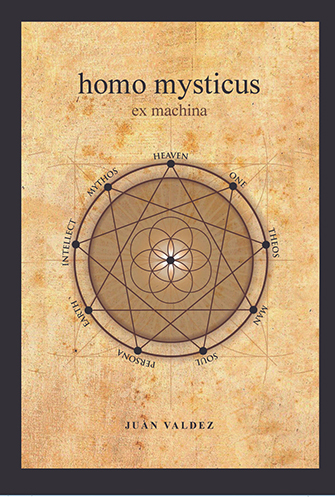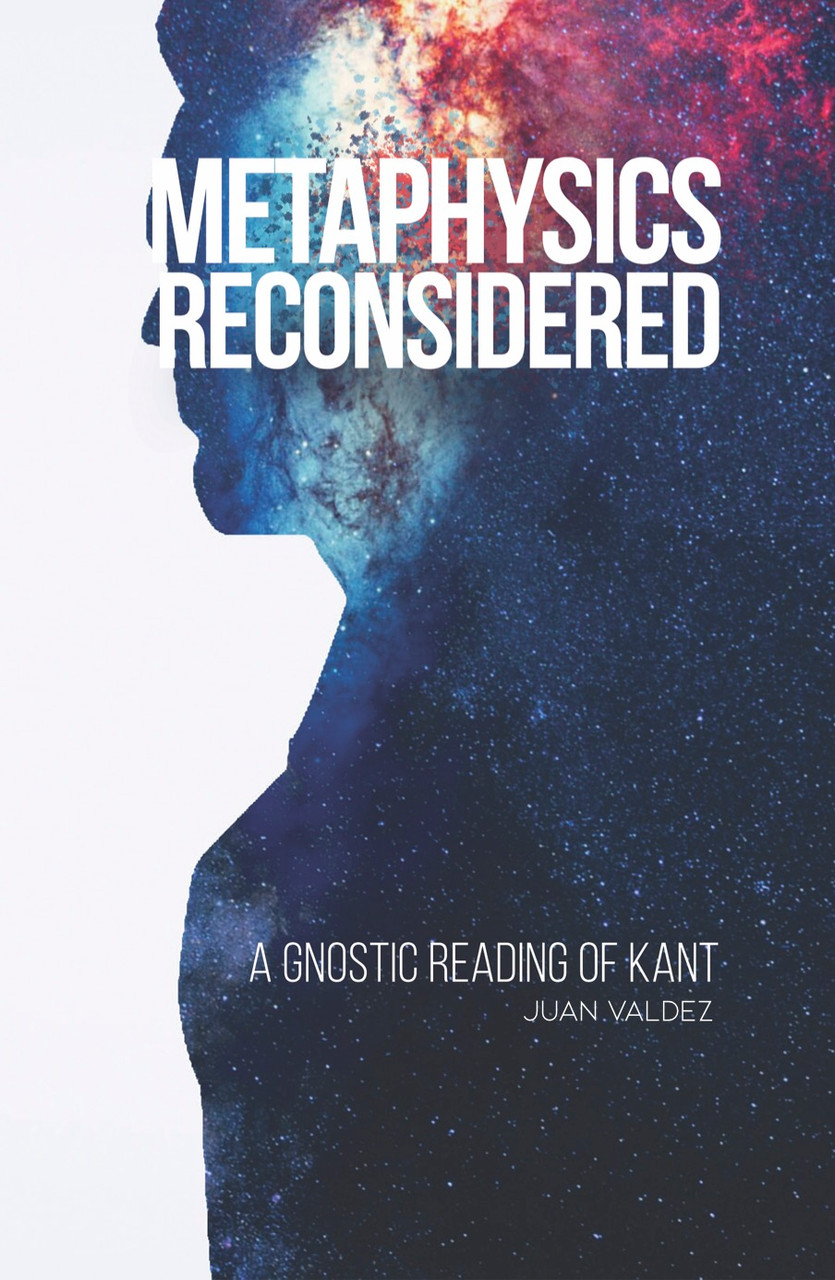Latest Updates

DEBRA: On the Unsupervised Learning of Concept Hierarchies from (Literary) Text
With this work, we introduce a novel method for the unsupervised learning of conceptual hierarchies, or concept maps as they are sometimes called, which is aimed specifically for use with literary texts...

The Reductionist West and Ancient Wisdom
Modern science tells us that what we can truly say about empirical reality only has relative (Relativity) or statistical significance (Quantum Mechanics), Quantum Theory in particular calling into question the role of the observer[1] but each…

Chinese Monotheism: Worship of Heaven (Shangdi)
Hinduism, Buddhism, Confucianism and Taoism (Daoism), all rich and prolific theo-philosophical traditions of the East which thrived in ancient times and still flourish today, were and are much more accepting of the worship of many different…

Confucian Philosophy in Antiquity
Confucius (c. 551 – 479 BCE) stands alongside Laozi as one of the great independent Chinese philosophers in antiquity, supposedly having consulted Laozi on some aspects of funeral rights and being impressed with his insight, or so the tradition…
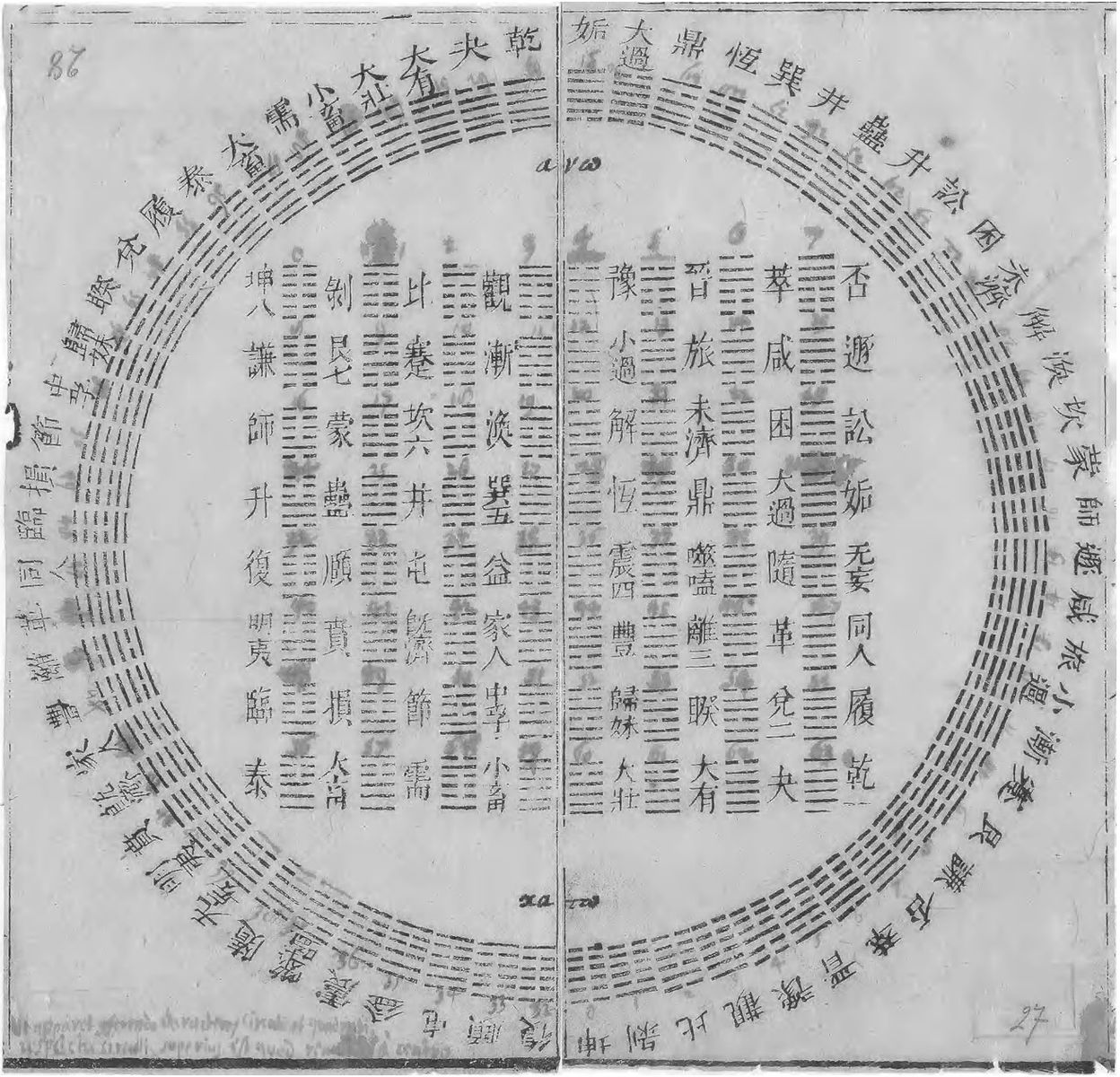
Divination in the I Ching
Divination, omens, portents etc. was a common practice throughout all of the ancient world in fact. As already mentioned we see the practice, and its relationship with the priestly class not only in ancient Greece but most certainly ancient…
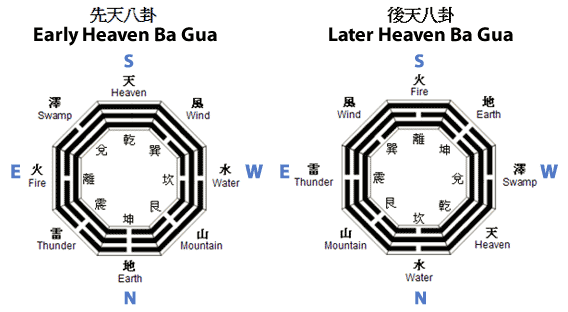
The Book of Changes: The Wisdom of the Far East
One of the most unique, lasting and influential texts that has come down to us from the Far East that in antiquity is the Yijing (I Ching), also known as the Book of Changes. The work has a long history, its roots dating back at least to Bronze…
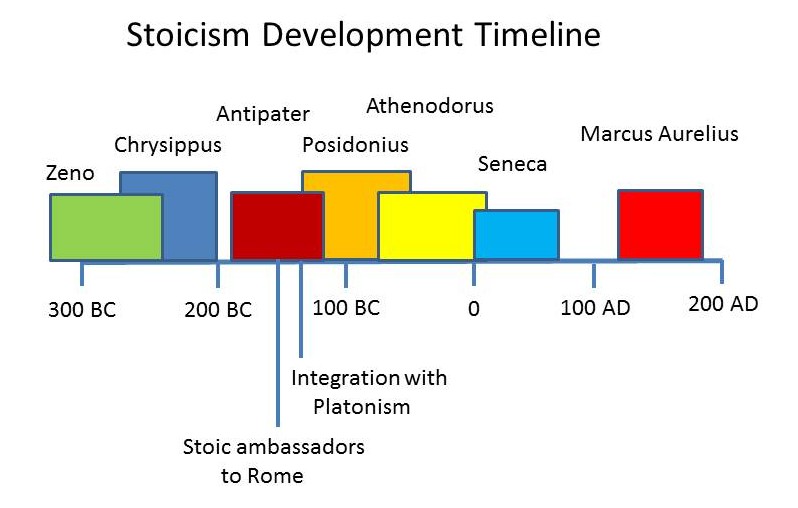
Stoic Philosophy in Antiquity: Its Origins, Metaphysics and Ethical Principles
Introduction
Consistent across all of the Hellenistic philosophical schools was the importance of the Soul, the distinction of the human soul as having the capability to reason (what came to be known as logos, a very important term in early…
Latest Books
Homo Mysticus: ex machina
Homo mysticus is a book about the science of mysticism, seen through the lens of ancient cosmogony and sacred geometry. This book connects the spiritual and the otherworldly to the practical and tangible in a refreshingly down-to-earth way. This book is a must-read for anyone interested in the subjects of both mysticism and science.
Metaphysics Reconsidered
This work sits at the tail end of a progression of studies into theology, mysticism, and philosophy which reaches its apex here philosophically. It builds off of the understanding of the (shared) foundations of theological, mystical, and philosophical knowledge from antiquity that we explore in Theology Reconsidered and Homo Mysticus that have…

